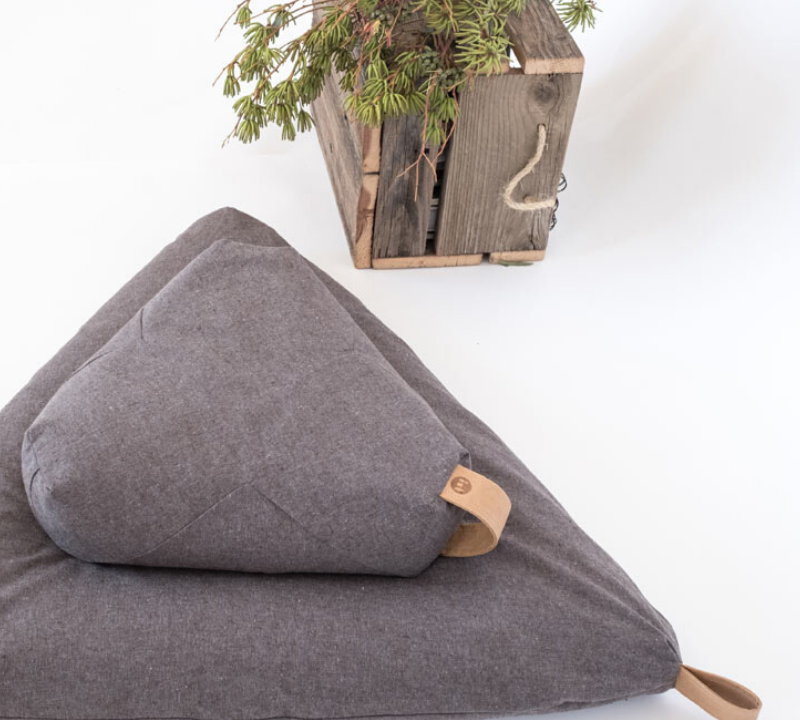Here’s a list of the best and least talked about guidance for meditation. Especially if you’re just starting out.
Where To Start
The idea of meditation is to set aside time to clear your mind and let everything go. You’ll use a focal point like your breath, music, guided meditation, etc. to guide your attention away from the incessant chatter in your mind. Whenever you notice a thought, gently and without judging yourself, guide your attention back to your focal point.
Set aside anywhere from 5-30 minutes per day to practice. A good (and free) meditation app for beginners is Insight Timer.
Find What Feels Good
You don’t have to sit Indian style on the floor, pinching your thumb and pointer fingers together like you might have seen on T.V. The most important thing, especially for beginners, is that you feel relaxed and comfortable.
You can lay down, or sit down, just be sure that your back is straight enough so that you can breathe easily.
You can open or close your eyes. If closing your eyes makes you too sleepy then keep them open, but if opening them is too distracting then keep them shut.
You can keep the lights on or off. Whatever is the most relaxing (without putting you to sleep.
You can breathe through your nose or mouth, whatever is easier and more relaxing. Try to keep your breathing slow, but don’t obsess about the pace. Use your natural, relaxed breath as a focal point to guide your attention towards.
Experiment to find what feels best for you.
Manage Your Expectations
Don’t expect perfection. If you’ve never practiced meditation before, then your brain’s ability to focus will be very weak. Your thoughts will be all over the place.
When you’re first starting out, the chances that your mind will be quiet for more than 3 seconds are slim to none. It takes practice and patience to strengthen your brain’s ability to focus.
Don’t obsess about an empty mind, and don’t take it too seriously. Meditation is your time to relax.
Relax First
If you’re anxious going into the meditation then it won’t feel good. Before you start, use the 4-7-8 breathing technique to calm your nerves.
4-7-8 BREATHING METHOD
- Place the tip of your tongue against the ridge of tissue behind your upper front teeth, and keep it there through the exercise.
- Exhale completely through your mouth, making a whoosh sound.
- Close your mouth and inhale quietly through your nose to a mental count of four.
- Hold your breath for a count of seven.
- Exhale completely through your mouth, making a whoosh sound to a count of eight.
- Repeat the cycle three more times for a total of four breaths.
Don’t Quit
Most people stop meditating because they’re “too stressed” or “too busy”. But meditation is the key to reducing stress, and anyone can find five minutes a day as long as it’s a priority. Which it should be.
Stress hormones prevent your brain from functioning properly. It shuts down the regions that are responsible for memory, focus, attention, and problem solving. Feel-good hormones induced by meditation enhance those regions.
If you’re stressed and busy you should actually make meditation a top priority. You’ll save time, improve your focus, mood, attention, memory, and efficiency if you’re relaxed.


